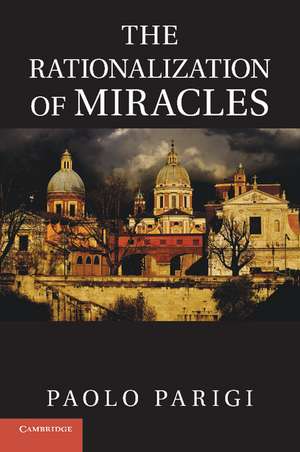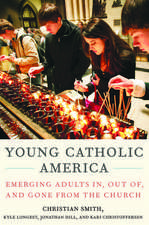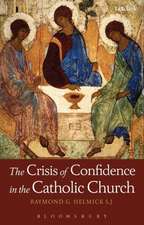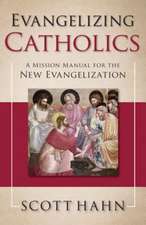The Rationalization of Miracles
Autor Paolo Parigien Limba Engleză Paperback – 5 mar 2014
| Toate formatele și edițiile | Preț | Express |
|---|---|---|
| Paperback (1) | 318.55 lei 6-8 săpt. | |
| Cambridge University Press – 5 mar 2014 | 318.55 lei 6-8 săpt. | |
| Hardback (1) | 689.93 lei 6-8 săpt. | |
| Cambridge University Press – 13 mai 2012 | 689.93 lei 6-8 săpt. |
Preț: 318.55 lei
Nou
Puncte Express: 478
Preț estimativ în valută:
60.95€ • 63.64$ • 50.45£
60.95€ • 63.64$ • 50.45£
Carte tipărită la comandă
Livrare economică 04-18 aprilie
Preluare comenzi: 021 569.72.76
Specificații
ISBN-13: 9781107663053
ISBN-10: 1107663059
Pagini: 214
Ilustrații: 15 b/w illus. 9 tables
Dimensiuni: 152 x 229 x 11 mm
Greutate: 0.29 kg
Editura: Cambridge University Press
Colecția Cambridge University Press
Locul publicării:New York, United States
ISBN-10: 1107663059
Pagini: 214
Ilustrații: 15 b/w illus. 9 tables
Dimensiuni: 152 x 229 x 11 mm
Greutate: 0.29 kg
Editura: Cambridge University Press
Colecția Cambridge University Press
Locul publicării:New York, United States
Cuprins
1. The congregatio sacrorum rituum; 2. The living saint; 3. The acolytes; 4. The devil's advocate and the doctor; 5. Manufacturing true miracles.
Recenzii
'Parigi has done something wonderful by combining quantitative sociology with a touch of Calvino. It is both enlightening and a fabulous read.' Emily Erikson, Yale University
'The Rationalization of Miracles is one of the most innovative works in recent years. Combining detailed archival investigations with new formal techniques, Parigi manages to re-create the social processes whereby groups of persons mobilized behind the candidacy of potential saints, shedding new light on a topic that has been studied for centuries. It will be required reading not only for the history of religion, but for students of social movements and, indeed, of the relation between culture and social networks.' John Levi Martin, University of Chicago
'This book offers a fascinating interpretation of how and why the Catholic Church invented rules to govern the process of evaluating miracles during the Counter-Reformation. Emphasizing the largely secular challenges the Church faced in the wake of the Protestant reformation, Parigi makes the case that the Church hierarchy and local clerics joined forces to reward miracles that cross-cut social categories, thereby solidifying the organizational structure of the recently weakened Church. More organizational theory than religious history, the captivating details of early modern miracles are nevertheless the key to making this book of interest to a wide range of readers.' Katherine Stovel, University of Washington
'The Rationalization of Miracles is one of the most innovative works in recent years. Combining detailed archival investigations with new formal techniques, Parigi manages to re-create the social processes whereby groups of persons mobilized behind the candidacy of potential saints, shedding new light on a topic that has been studied for centuries. It will be required reading not only for the history of religion, but for students of social movements and, indeed, of the relation between culture and social networks.' John Levi Martin, University of Chicago
'This book offers a fascinating interpretation of how and why the Catholic Church invented rules to govern the process of evaluating miracles during the Counter-Reformation. Emphasizing the largely secular challenges the Church faced in the wake of the Protestant reformation, Parigi makes the case that the Church hierarchy and local clerics joined forces to reward miracles that cross-cut social categories, thereby solidifying the organizational structure of the recently weakened Church. More organizational theory than religious history, the captivating details of early modern miracles are nevertheless the key to making this book of interest to a wide range of readers.' Katherine Stovel, University of Washington
Notă biografică
Descriere
Chronicles the emergence of modern sainthood, analyzing how the Catholic Church legitimized miracles during the Counter-Reformation in southern Europe.










